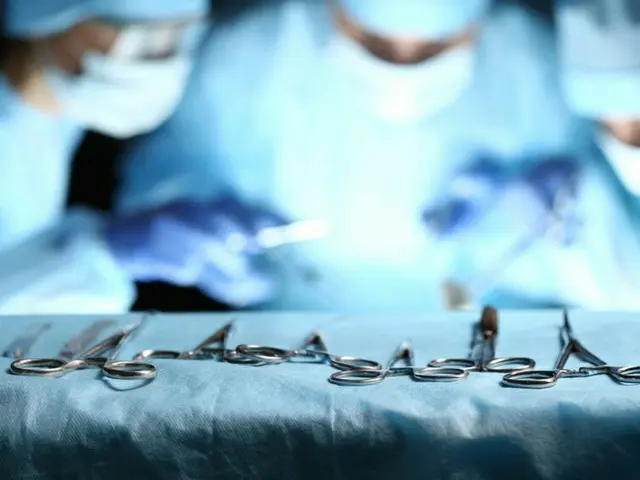According to the medical industry, the National Healthcare Industry Workers' Union, which includes nurses and medical technicians, is holding a vote this month at 61 hospitals on whether to go on strike.
As a result, the vote for a full strike was passed with 91.1% (29,000 voters) in favor. The National Healthcare Industry Workers' Union is made up of nurses, medical technicians, and other health care workers.
The union has filed for strike action every year since 2021, and plans to stage a full strike in 2023 for the first time in 19 years.
The 61 hospitals that participated in the vote on whether to go ahead with the strike and teased the strike are the National Central Medical Center,
31 public hospitals including Gangdong Kyung Hee University Hospital, Korea University Medical Center, and Hanyang University Medical Center.
The number of private hospitals, including 30 hospitals, is currently 30. The National Healthcare Industry Workers' Union has submitted a strike application to the Central Labor Relations Commission and the local labor relations commission, and is in the process of going through the mediation process.
The National Healthcare Industry Workers' Union has decided to go on strike at 7 a.m. on the 29th. The union has stated that even if it goes on strike, it will not be able to continue to provide support to workers in the emergency room, operating room, intensive care unit, delivery room, neonatal ward, and other facilities that are directly connected to the lives of patients.
Although the hospital plans to allocate personnel to the work of preventing the spread of the virus, concerns are growing on the front lines. Six months have passed since the resident doctor left the hospital in February of this year, and the fatigue of medical staff who are protecting the front lines is accumulating.
In addition, the recent resurgence of the COVID-19 virus and a sharp increase in heatstroke patients have pushed the hospital to its limits.
If the law is passed, it is expected that the impact on medical professionals will be considerable. The demands of the National Healthcare Industry Workers' Union are the immediate normalization of medical treatment, the eradication of illegal medical practices and clarification of the scope of work, and the establishment of weekly
These include implementing a four-day work week model, resolving indirect employment issues, and raising wages by 6.4% on a total payment basis. Each hospital plans to try to reach an agreement with the labor union by the 29th, when the strike is scheduled to begin.
However, since the departure of the residents, the financial situation of each hospital has worsened, and it is thought that it will be difficult to accept all of the union's demands.
On the same day, Minister of Health and Welfare Cho Gyu-hong established a central accident response headquarters for doctors.
He said, "Now is the time to focus on minimizing gaps in medical care," and requested that "people refrain from collective actions and actively engage in dialogue and discussions with hospitals to resolve the current situation together."
"Protecting the lives of the public and protecting the safety of patients is the primary duty of the government and those involved in the health care sector, and must not be neglected under any circumstances," Cho said.
"If the strike teased by the National Healthcare Industry Workers' Union goes ahead, it could cause considerable disruption to the entire medical industry, which is already under strain due to a shortage of medical residents," he said.
The Central Accident Control Headquarters will maintain a 24-hour emergency medical system through emergency centers and other facilities even during the strike, and will continue to provide medical care to public workers who are not participating in the strike.
Emergency medical treatment will be carried out mainly at shared medical institutions.
2024/08/26 07:02 KST
Copyrights(C) Edaily wowkorea.jp 107

